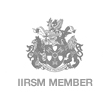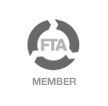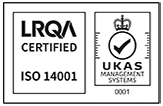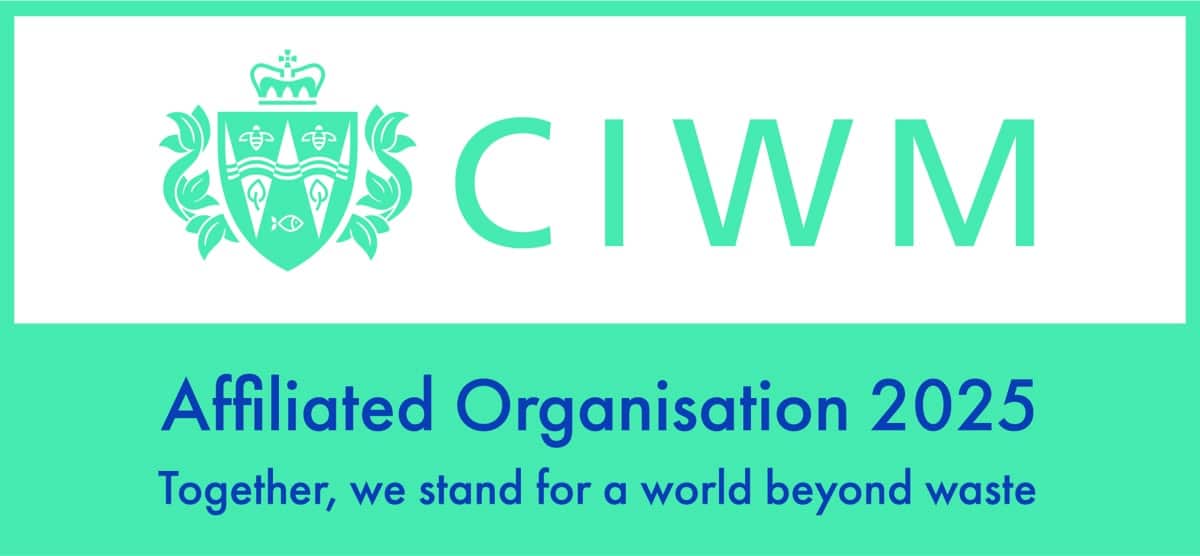Understanding how to identify and dispose of hazardous waste is essential for any responsible householder or business. By educating ourselves on proper hazardous waste disposal, we can all contribute to a healthier planet and safeguard our communities.
In this blog, we will explore what constitutes hazardous waste, how to determine if your waste is hazardous and the various disposal options available in the UK. We’ll also delve into the methods used to treat hazardous waste and discuss the recycling possibilities for certain materials. Finally, we’ll outline the legal requirements businesses must follow to ensure compliance and promote environmental safety.
What is classed as hazardous waste?
Hazardous waste includes any material, substance or item that poses potential harm to human health or the environment, including chemicals, heavy metals and by-products of industrial processes. But hazardous waste can also include everyday household items, such as used batteries, cleaning products and leftover paint, all of which contain substances which are harmful if not properly handled and disposed of.
How to find out if your waste is hazardous
To identify whether your waste is hazardous, consult the manufacturer’s product safety information, which will provide details on the waste codes associated with the materials. Additionally, anyone involved in the generation, management or regulation of waste can refer to the UK government’s technical guidance on waste classification and assessment for further clarification on whether their waste is deemed to be hazardous.
How to get rid of hazardous waste?
In the UK, there are several options for disposing of hazardous waste, each tailored to the type of waste and the specific needs of households or businesses:
Household Waste Recycling Centres (HWRCs)
Local councils provide dedicated facilities for household hazardous waste at their recycling centres. These centres will accept used batteries, paints, solvents, pesticides and electrical equipment, such as fridges or TVs.
Licensed Waste Disposal Companies
Businesses and large waste producers are required to use a licensed waste disposal company, authorised to handle hazardous waste. These companies collect, transport and dispose of hazardous materials safely, often providing the necessary paperwork to track the waste for compliance purposes.
Special Collection Services
For certain hazardous materials, such as asbestos, some councils offer special collection services. This may also apply to bulky or dangerous items, for example, large electrical equipment or chemicals, that require specialised handling.
Battery Recycling Points
Retailers and large supermarkets are legally required to provide collection points for used batteries. These can often be found in shops and make it convenient for consumers to recycle these hazardous items.
Pharmacy Disposal
Many pharmacies offer a safe disposal service for medical hazardous waste, including unused medicines or ‘sharps’ (i.e. hypodermic needles etc), to prevent harm to humans and the environment.
How is hazardous waste treated?
Hazardous waste is typically processed using one or more of the following methods:
- Chemical treatment – neutralising or converting hazardous substances through chemical reactions to render them non-hazardous or less harmful.
- Thermal treatment – primarily through incineration, hazardous waste is burned at high temperatures to reduce its volume and toxicity. This method is commonly used for medical and chemical wastes, with energy recovery as a potential by-product.
- Biological treatment – a process such as ‘landfarming’, where waste is mixed with soil and specialised microbes that break down organic contaminants. This method is effective for biodegradable hazardous substances like oils and solvents.
- Physical treatment – such as filtration, sedimentation or encapsulation to separate or stabilise hazardous components, making them easier and safer to dispose of.
- Secure landfill – where a minimum of three metres is maintained between the bottom of the contaminated waste and the underlying groundwater or bedrock. This buffer ensures that leachate, or contaminated liquid, does not seep into the groundwater.
The method chosen to get rid of hazardous waste is based on the type of hazardous material and the potential impact on the environment.
How to recycle hazardous waste?
Certain types of hazardous waste can be recycled, including:
- Electrical appliances, including fridges, tvs, computer monitors and large domestic appliances, such as washing machines, and smaller electrical goods, e.g. kettles. These items contain valuable metals like gold, silver and copper, which can be extracted and reused.
- Batteries, lead-acid (e.g., car batteries) and rechargeable batteries (e.g., lithium-ion) can be recycled to recover metals like lead, cadmium and lithium.
- Used motor oil can be cleaned and refined for reuse in vehicles or industrial applications.
- Fluorescent light bulbs contain mercury and other materials that can be safely extracted and recycled.
- Some solvents and paints can be processed to extract reusable components or used in energy recovery.
Depending on the type and quantity of hazardous waste, domestically produced waste can often be recycled at your local HWRC. For businesses generating a substantial volume of recyclable hazardous waste, it is advisable to partner with a licensed waste management company to ensure the safe collection, transportation and processing of hazardous materials in compliance with regulatory standards.
Large scale construction projects set to produce a lot of hazardous waste can formulate a site waste management plan to help estimate the type and amount of waste that is likely to be generated, as well as the proportion that will be re-used or recycled on site, or removed from the site for re-use, recycling, recovery or disposal.
It’s also crucial to consult with local authorities or waste management providers to obtain specific guidelines and procedures for recycling hazardous waste, as regulations can vary significantly by region.
What are the legal requirements for hazardous waste disposal?
Businesses that generate significant amounts of hazardous waste must register with the Environment Agency and maintain comprehensive records, including a consignment note that tracks the waste from its origin to final disposal.
As a generator of hazardous waste, you have a duty of care and are required to:
- Classify your waste by properly identifying and categorising the hazardous waste you produce to ensure compliance with regulations.
- Separate and store the waste safely by keeping hazardous waste distinct from non-hazardous waste, and storing it in secure, clearly labelled containers to prevent leaks and spills.
- Use authorised waste disposal services by engaging licensed waste disposal companies to collect, recycle or dispose of your hazardous waste.
- Complete the relevant sections of the consignment note to ensure traceability and compliance during transport.
- Maintain records of your hazardous waste activities for a minimum of three years at the location where the waste was produced or stored.
Adhering to these legal requirements helps to ensure environmental safety and protect public health.
Disposing of hazardous waste responsibly
By understanding the types of hazardous waste and the various disposal and recycling options available, individuals and businesses can take informed steps to manage waste responsibly. Compliance with legal requirements, such as proper classification and documentation, not only ensures adherence to regulations but also promotes sustainable practices.
As a licensed waste management company, Rabbit Skip Hire has strict rules regarding the types of waste that can and cannot be placed in its skips. If the driver identifies hazardous waste in a skip upon collection they will take pictures of that hazard and leave the skip on site. If the hazard is found when tipping the skip at the Rabbit Group’s materials recovery facility, the contents of the skip will be reloaded into the skip and returned to the site from which it was collected.
In both cases, the customer will be required to remove the hazardous waste and any waste contaminated by it from the skip before collection is attempted again. Additional transportation charges may be incurred by the customer to cover the cost of returning the skip to site and a second collection.
Rabbit Skip Hire:
Rabbit Skip Hire is an established and expert supplier of skips for commercial and domestic projects of all sizes throughout East and West Sussex.
To find out more about Rabbit Skip Hire’s reliable and expert skip hire contact our expert and friendly team on 01903 762020, email info@rabbitgroup.co.uk or fill out our online skip hire contact form.
Rabbit Skip Hire is part of Rabbit Waste Management, which includes Rabbit Demolition.





